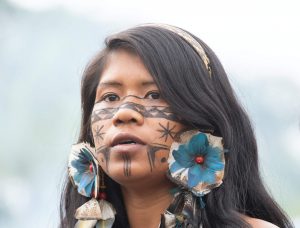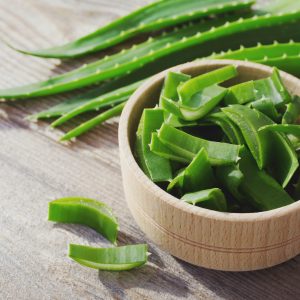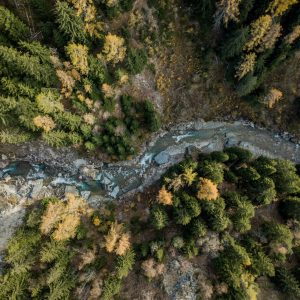

Enhance your knowledge at the Center for World Indigenous Studies.
Engage in studies that are important to your personal and professional life.
Join a community of activist scholars.
 Indigenous and Fourth World Studies
Indigenous and Fourth World StudiesFourth World and Indigenous Studies explores the knowledge, perspectives, experience and social, economic, political realities of the world’s 6000 nations with an aggregate global population of 1.3 billion people (about 18% of the global population). How do we understand nations’ knowledge systems? What are the political relationships between nations and states? What about the literature of Fourth World nations? How has the last 500 years of globalization affected the rights, interests and existence of Fourth World nations?
Are Fourth World nations different and if so how are they different from one another? How do Fourth World nations engage in diplomacy, war, trade, and cultural exchange? These topics and more inform the depth and breadth of your exploration and help you to build competencies in the field leading to careers and professional development of diplomacy skills, international relations, sustainable indigenous-led development and more.
 Traditional Healing Arts & Sciences
Traditional Healing Arts & SciencesTraditional Healing Arts and Sciences provides you an opportunity to gain clinical, research and/ or community education skills in the areas of indigenous culinary and herbal medicines for the treatment of physical and mental well-being.
Explore the art and science of how to integrate ancient wisdom with biomedical knowledge and apply it to improve your own well-being and that of your family and positively influence community food systems and food sovereignty. Special focus is on prevention and recovery from Diabetes Type 2, and traumatic stress. Course provide online study and guided mentorship to help you achieve your personal and career goals.
 Applied Indigenous Research Methods
Applied Indigenous Research MethodsIndigenous Research Methodologies are a critical part of any course of indigenous studies. Scholars understand that for too long research was used to harm indigenous communities. In order for research to be relevant to a community, it should be based on the inherent knowledge and protocols of the culture being studied. These research methods provide culturally appropriate frameworks through which to understand specific societies and apply to the problems they’d like to solve. This is also called community determined research, pioneered by CWIS over the last 40 years.
Through CWIS you’ll get rich exposure to a variety of indigenous research methods, and skilled guidance in helping to build the foundation of your own culture’s research protocols. You will study with activist scholars to develop who have been using research to benefit communities as well as inform academic scholars.
In our 40 year history, CWIS has been the leading edge, advancing indigenous knowledge as research methodology. Beginning with CWIS founding Director Dr. Rudolph Ryser’s articulation of fourth world theory in the 1970’s, the CWIS network of scholars have engaged an Indigenous research framework while also understanding and applying quantitative qualitative and mixed methods to research.
We continue to advance indigenous knowledge through community-based research, clinical studies in traditional medicine and activist scholarship. We support students as well as seasoned researchers who wish to understand and apply these methods to solve real world problems with integrity.
Examples of our Applied Indigenous Research (click to download)
 Strategy, Decision-Making and Governance
Strategy, Decision-Making and GovernanceFostering professional development for decision-makers at every level of government, non-profit and for-profit organizations. Political leaders, governing board members, professional and executive personnel are all decision-makers in the governance of any organization. This Certificate is designed to prepare learners with practical information and experience concerning decision-making, and effective leadership in the exercise of sovereignty, effective governance, service delivery and professional performance for the social, economic and cultural health of the community.
The Benefits of this program:
You will experience personal growth and enriched professional performance:Our graduates enhance their knowledge about effective decision-making, management and delivery of services, how laws and regulations are used in decision-making, intergovernmental relations, enhancing community prosperity and tribal sovereignty. Graduates explore the history of tribal relations in the region and the role of culture in the process of serving one’s community to reduce or eliminate drug and alcohol problems, chronic health and improve social and economic benefits to the community.
Enjoy learning, networking with peers and mentors in a relaxed and satisfying program that combines on site study with online and video conferencing.
 Environmental Studies and Fourth World Peoples
Environmental Studies and Fourth World PeoplesBe an agent of Transformational Change!
Land and environment are central to the lives of all indigenous and Fourth World peoples. When environments are threatened, all life and peoples are threatened. Development is a double-edged sword: at times providing a path out of poverty, but to frequently resulting in further dispossession, and the contamination of ecosystems that adversely affect the peoples’ health.
Indigenous peoples are on the frontline of reversing the adverse effects of climate change. They easily recognize the connections between cultural diversity and biodiversity and the requirement for balance between human need and nature’s capacity to renew. Likewise, scientists recognize that indigenous knowledge systems hold the keys to sustainable futures for humankind.
The CWIS environmental studies program ties together all these elements, highlighting issues of governance, policy, and justice. Inseparable from culture, environmental topics also intersect with cultural revitalization and traditional knowledge, such as nature’s medicines and the food sovereignty movement.
The CWIS environmental studies program provide you with a unique insight into your work as an activist scholar preparing you with the background, context and knowledge to be a agent of transformational change in the area of your choice: Research and Analysis, Policy and Advocacy, Program Development and Climate Change Remediation.